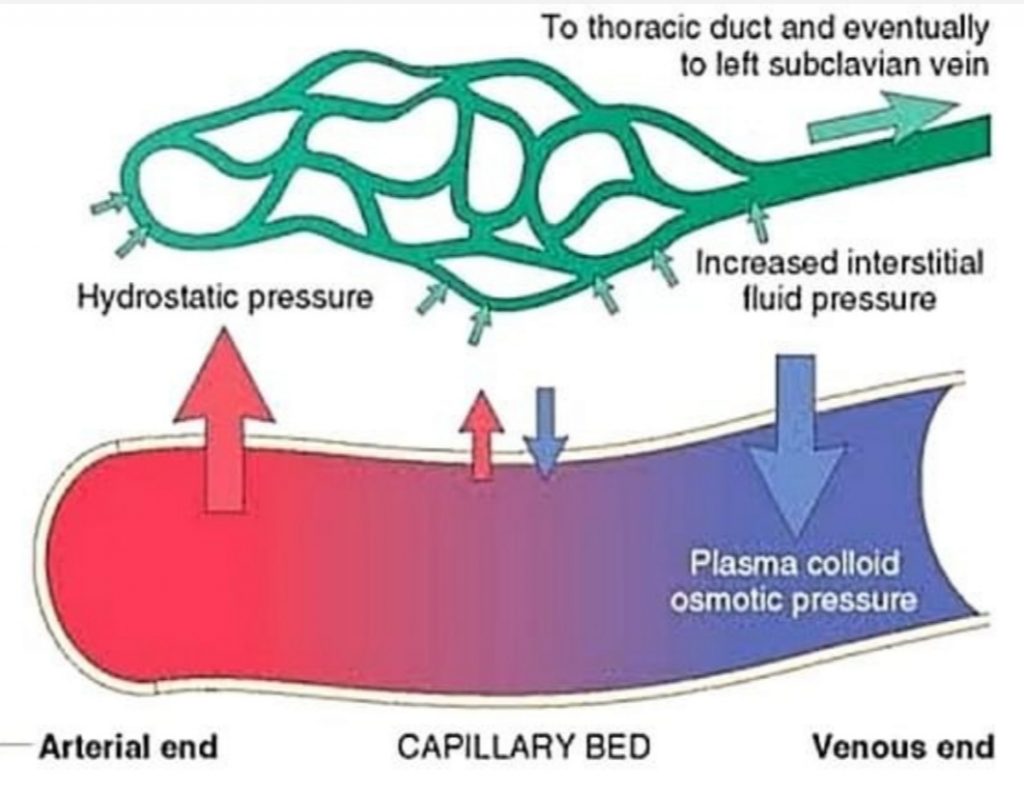Lipedema, Lymphedema and High Blood Insulin
26 May 2021

Did you know there’s a link? Our lifestyle and diet plays a prominent role. When we consume carbohydrates during mealtime, our body converts it to sugar (glucose). Glucose is our body primary source of fuel, alongside fat and protein. In order to access glucose we need insulin.
What is Insulin?
The pancreas produce this anabolic hormone. It acts like a key that unlock cell membranes of muscles, liver and fat cells to use the glucose in our blood for energy or store it in our liver as glycogen.
What is Insulin Resistance?
It’s when our body cells are irresponsive to insulin. Hence, our pancreas compensates by producing more insulin. It leads to high blood insulin, metabolic syndromes and other health conditions.
The link
(1) High blood insulin
It stimulates aldosterone (hormone) to increase salt and water reabsorption by our kidneys. This in turn increases blood volume, blood pressure and an increased hydrostatic pressure in the blood vessels. Consequently, fluid seeps into the space between cells, blood vessels, lymph vessels and connective tissues (interstitial space).
(2) High lymph load and volume
When it exceeds that which the lymph circulatory system can cope with, Lymphedema occurs. (Other health conditions such as lymph nodes excision, damages to lymph vessels, radiotherapy, chemotherapy, blockages of lymph vessels, are responsible for Lymphedema, including primary and secondary causes as well.
(3) Inflammation
High blood insulin is known to cause inflammation of the subcutaneous adipose tissues (SAT). It aggravates conditions such as Lipedema. Furthermore, inflammation alters tight junctions of the cell membranes in blood vessels. This allows for fluid to seep through (increased permeability).
Reducing High Blood Insulin
To support your condition, your registered massage therapist would explain compelling considerations such as a low carbohydrate diet to reduce high blood insulin. Further, a ketogenic diet would help to reduce inflammation. Moreover, participating in daily exercises is important for the uptake of insulin. In addition, it promotes lymph circulation. Besides, during exercise chemical messengers such Dopamine, Endorphins and Serotonin boost mental health.
Some interesting articles for further reading: ttps://pubmed.ncbi.nim.nih.gov/29528335 https://onlinelibrary.wiley.com/doi/abs/10.1002/oby.22468 https://aocs.onlinelibrary.wiley.com/doi/abs/10.1007/s11745-007-3132-7 Moderate-Intensity Exercise and High-Intensity Interval Training Affect Insulin Sensitivity Similarly in Obese Adults – PubMed (nih.gov)Metabolic Effects of Exercise – PubMed (nih.gov)
Latest News
Operating Within The Orange Light System in 2022
10 January 2022
Hello All! I hope you had the opportunity to welcome the New Year with family and friends. Wouldn’t it be awesome to gain some normality in 2022? Despite the evolving… Read more
How does your Vagus Nerve affects bodily function?
24 May 2021
Your Vagus Nerve is also known as the Pneumogastric Nerve. It sends sensory messages to the brain and relays motor messages to our body.
Free Giveaway Valentine’s Day Package
15 February 2021
Free Giveaway Valentine’s Day Package worth $330.00! You can have your cake and eat it as well!
